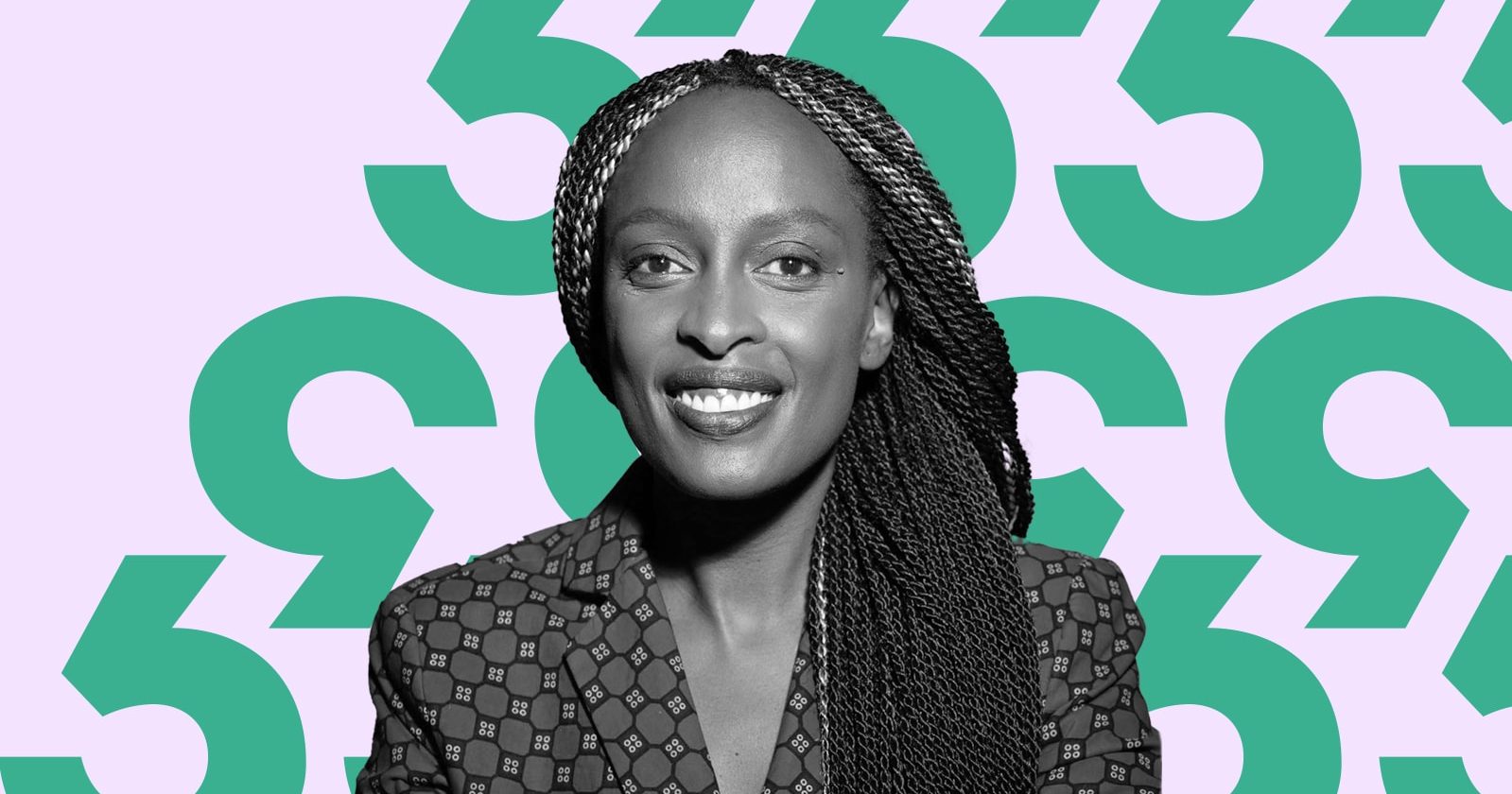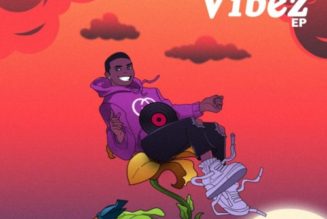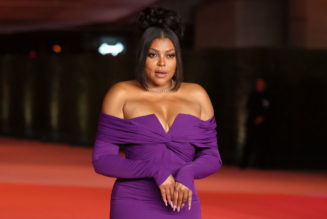
Jocelyne Muhutu-Remy is Spotify’s managing director for Sub-Saharan Africa. The music streaming platform has played a significant role in the global growth of Afrobeats, Africa’s biggest music genre.
This interview has been edited for clarity and brevity.
What has surprised you the most about African music on Spotify in the past year?
The thing that fascinates me is the rise of gospel music. I know that spirituality is important to us as Africans, but I didn’t think it was that important to the youth — Gen Z in particular. If you take Nigeria, for example, Christian podcast streams on Spotify have grown by 482% since 2022. Gospel music streams have grown by 1,228%.
Another thing that I find interesting, especially in Nigeria, is the rise of genres that you don’t necessarily associate with the youth. Highlife, for example, has risen by 224%, Igbo pop has increased by 303%, and fuji by 187%.
What have you learned about the African music-streaming audience?
First, they like their own music, as in most parts of the world. But within Africa, you have differences. Some markets, like Kenya, are orientated toward the rest of the world, and that ratio is more toward international music. But in Nigeria, it is local.
The next is the willingness to pay. There are some assumptions about African consumers and their low purchasing power, especially regarding digital service payments. That has not been our experience.
What do you do differently from your competitors on the continent?
It’s the platform itself and its key features. We lean heavily into personalization and discovery. We have a big music team whose job is to organize playlists and surface the music. For example, we could pitch a song from Nigeria to one of our colleagues in Berlin if it fits their playlist.
We invest quite a bit in artist marketing around releases. We put people on major billboards across the world. You’ve seen the ones in Times Square and other places. We do the same in Africa.









